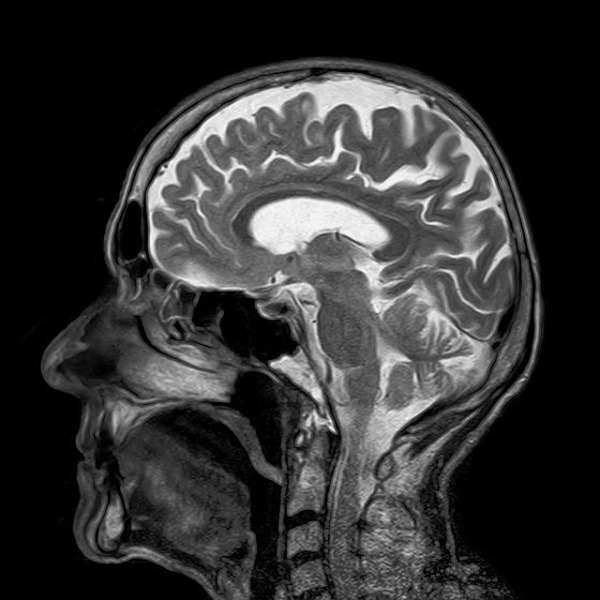What is it?
Borderline personality disorder (BPD) is one of a range of mental health problems whose behaviours can impact negatively on both your private and professional life. It is a serious mental illness characterised by instability of mood, self-image and behaviour. The word ‘borderline’ is used in the title of this disorder because it has been considered to be a condition between psychosis and more general mental health conditions. Often the condition is referred to as Emotionally Unstable Personality Disorder (EUPD). If you are a gay man who thinks he may be suffering from this condition, you can access psychotherapy and counselling services for gay men in London.
How do you know if you have it?
If you have experienced a number of the symptoms associated with BPD over an extended period, it may be worth contacting a medical professional to seek diagnosis. Common symptoms may include fear of abandonment manifesting in irrational behaviour, experiencing intense emotions which can swing between extremes in a matter of hours, and an insecure sense of identity which changes depending on who you’re with.
These emotions often manifest in impulsive actions such as binge eating, drug taking or dangerous driving, paranoid and psychotic behaviour, extreme, uncontrollable anger, and self-harm or suicidal thoughts.
How is it diagnosed?
For either condition to be diagnosed, generally a psychologist or psychiatrist will consult with you to determine if you have experienced the majority of the symptoms mentioned above. A first step, however, is to contact your GP, who will be able to refer you to the appropriate help, as they feel is appropriate. The diagnosis for this condition is very broad, and so many patients with very different symptoms can be diagnosed under the umbrella of EUPD or BPD.
What treatments are available?
Generally, treatment involves talking therapies conducted by a psychologist or psychiatrist. Some BPD symptoms are easier to treat than others, with issues most successfully treated relating to the areas of suicidal thoughts, self-harming, and general social functioning. Some symptoms may reoccur after remission, in particular those associated with depression, substance abuse and eating disorders, but generally with less intensity, and can be treated successfully in individual sessions as and when they resurface.
Getting support
For more information about borderline personality disorder, or to book a consultation on any subject, contact me today.
You can call Justin on T: 07717 664177 or justin@justinduwe.com







